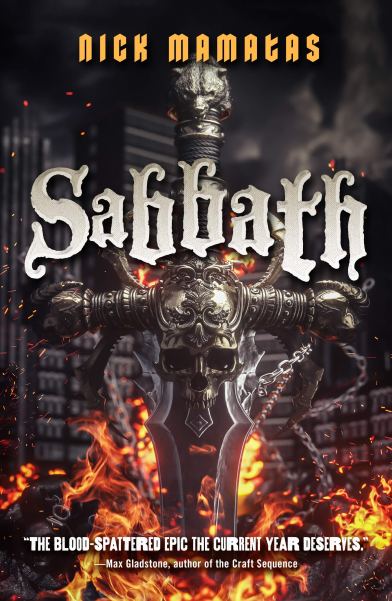It has been a long time!
Since my last update, I spent a year as Managing Editor at Onyx Path Publishing before transitioning to an editorial role at one of North America’s largest publishers of manga and light novels. Somewhere along the way, I passed 100 professional credits across games, books, and media—a bit of a shock, honestly, as I compiled this list. Most of those credits are from just the past three years. I’ve been busy!
This long-overdue update comes just in time for Origins! I’ll be attending on Vendor Day and the first full day of the con, and I’m pretty excited about it. If you spot a little redhead in burgundy shoes, feel free to say hello!


